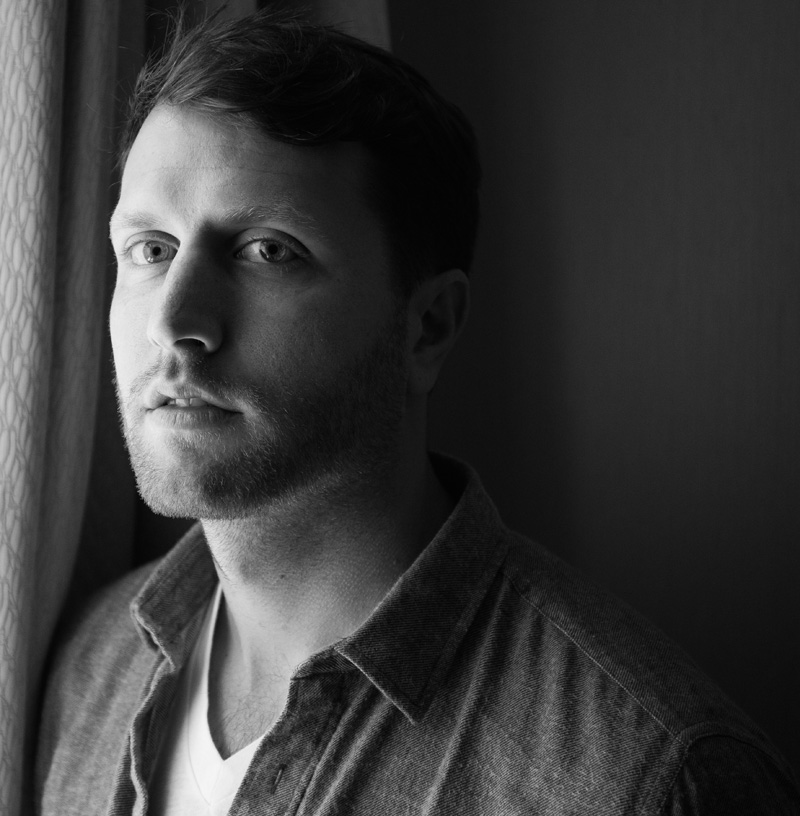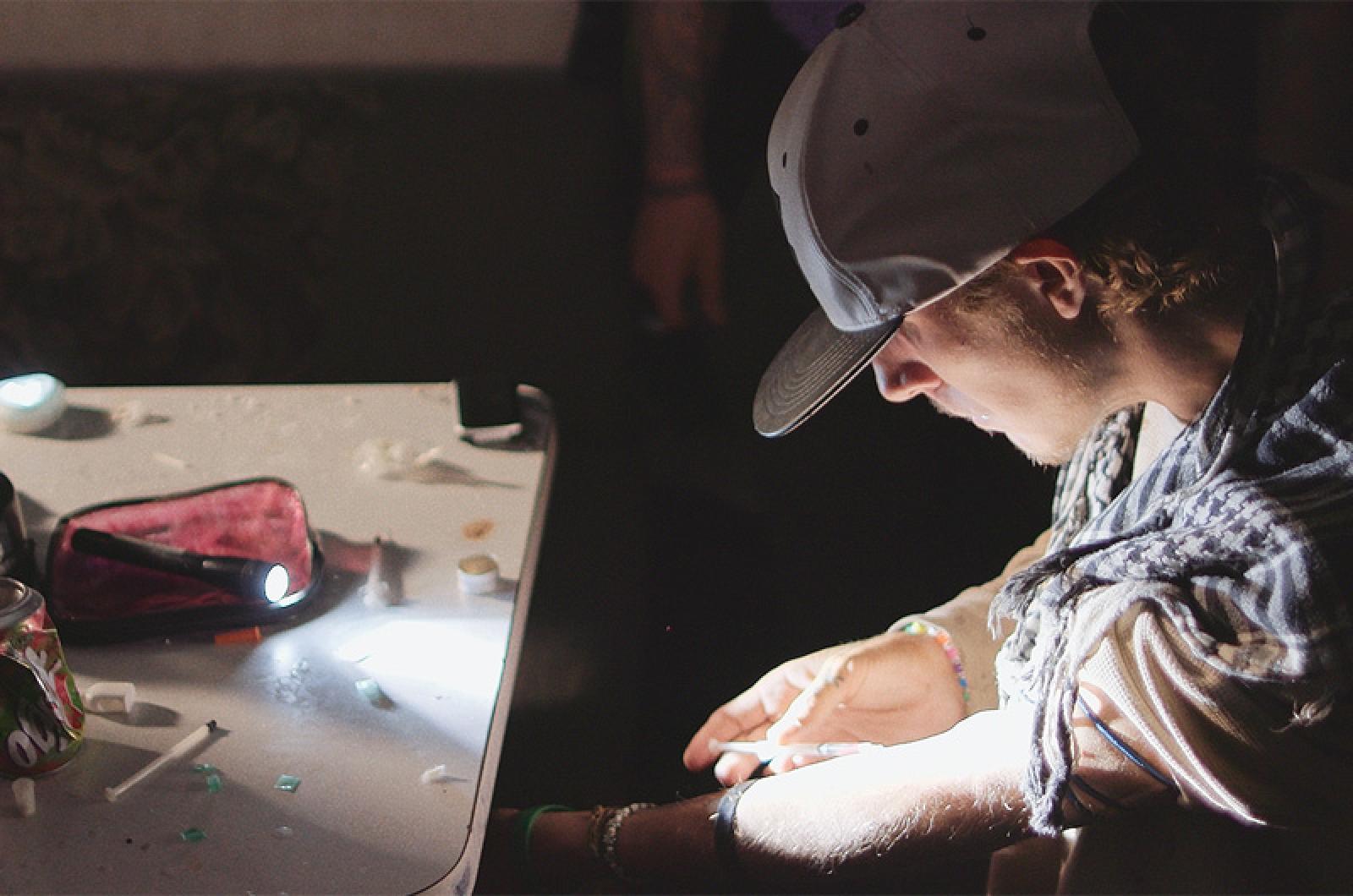Documentary filmmaker and long-time summer resident Matthew Heineman is known for getting intimate access to his subjects, whether it’s with vigilante groups fighting drug gangs in Cartel Land or Syrian rebels documenting ISIS in City of Ghosts.
In his newest project, the five-part Showtime docu-series The Trade, Mr. Heineman tells his biggest story yet of the heroin epidemic in America.
The Trade follows three groups: poppy growers in Mexico, law enforcement, and heroin addicts and their families in Ohio. The film’s depiction of the flow of heroin from the fields to the streets is both visceral and poignant, moving from a scene of a police raid of a heroin stash house to a father planting flowers by the grave of his daughter who overdosed on the drug.
In March, Showtime announced that it would stream The Trade for free, marking a first for the company, so the widest audience possible could view the series.

Mr. Heineman told the Gazette that these separate but interlocking through-lines were crucial to letting viewers see the human side of the drug war through the prism of the opioid epidemic. “I think the opioid epidemic is something all over the news and headlines and we’re inundated with it. My goal was to dig beneath it all to put a human face to it and show how it affects the people at the heart of it.”
Several moments in The Trade will leave viewers marveling at how the crew was trusted with access, such as when a drug cartel member talks candidly to the camera about how his community sustains itself by producing poppy that makes users feel like “superman.” Addicts also allow the cameras into their homes to watch as they inject the drug.
Mr. Heineman said that kind of access takes years of trust to build and means everything to the production.
“I think the main aspect of getting access is time,” he said. “Not just helicoptering in, but developing trust and rapport to become part of the daily fabric of subjects.”
This also helps create a fluid story, he said, and ensures that he does not begin with any preconceived notions of his subjects.
“You have to be really open to the story changing and not try to control it,” he said.
Mr. Heineman charted a unique path to filmmaking that didn’t start until he graduated from Dartmouth College in New Hampshire with a history degree. After graduation he drove across the country trying to understand what his generation was about and taught himself filmmaking as he went.
That cross-country odyssey became the core of Our Time, his first full-length documentary and a catalyst for his future as a documentary filmmaker. In 2005, at just 21 years old, Mr. Heineman premiered Overcoming the Storm, a short documentary produced from his road trip footage about a New Orleans resident returning to his home after Hurricane Katrina, at the Martha’s Vineyard Film Festival.
The experience inspired him. “I was shaking and thinking about how cool it would be to one day be a filmmaker,” he said.
After the premiere, Island documentary filmmakers Kate Davis and David Heilbroner connected Mr. Heineman with their contacts at HBO, where he honed his craft working on several documentaries. He received an Academy Award nomination for directing Cartel Land in 2016.
Mr. Heineman’s next project, A Private War, will be his first narrative feature. It follows the true story of American war correspondent Marie Colvin who was killed in Syria in 2012. It is scheduled to be released this fall.







Comments (1)
Comments
Comment policy »